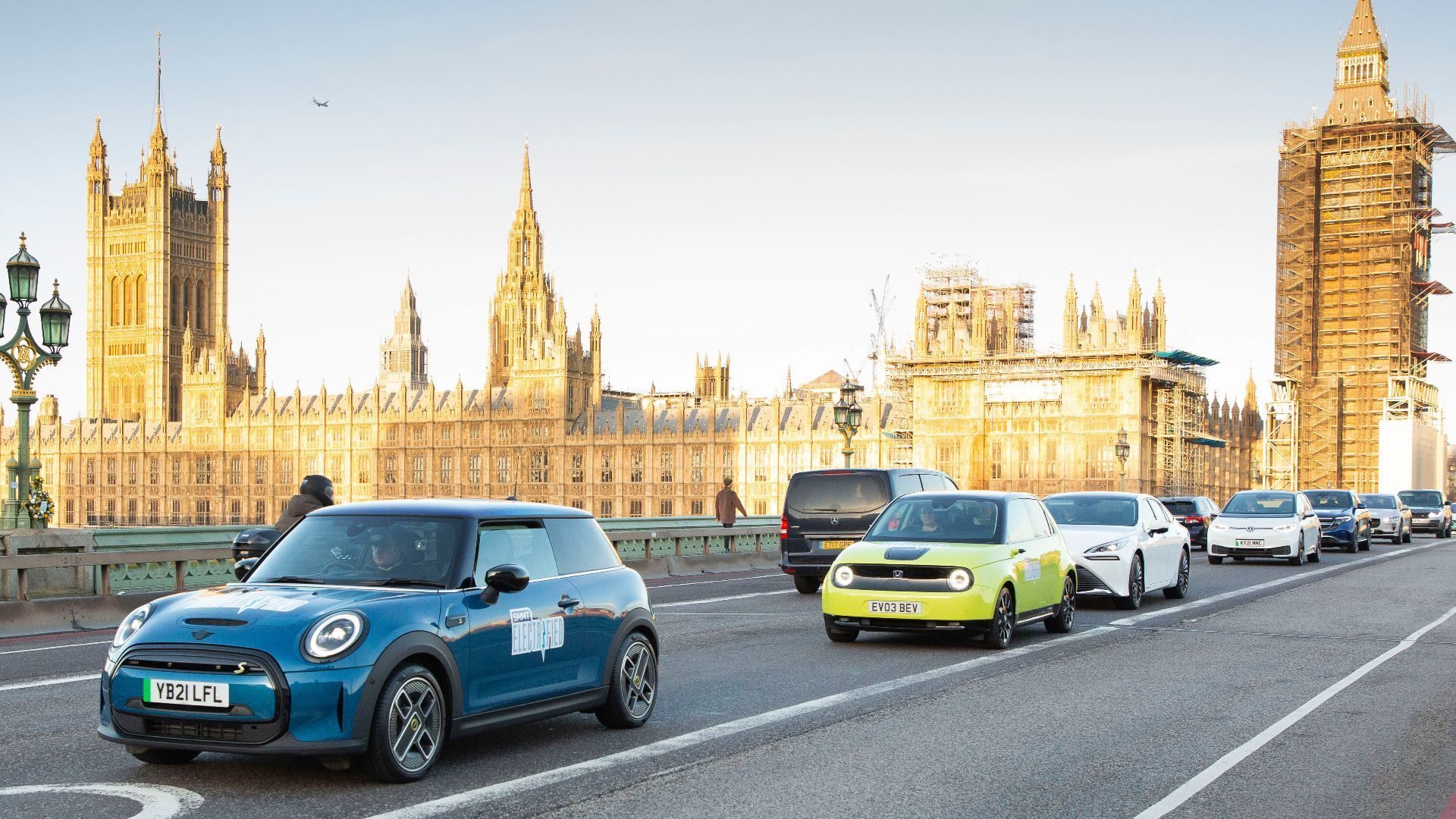
The global electric vehicle market grew substantially in 2020, despite the impact of the coronavirus pandemic on the automotive industry.
According to the International Energy Agency (IEA), a record three million EVs were registered worldwide last year, a 41 percent increase versus 2019. By comparison, the global car market contracted by 16 percent in 2020.
Electric cars’ strong momentum has continued into this year, with sales in the first quarter of 2021 reaching nearly two and half times their level a year earlier, said the IEA.
In total, more than 10 million electric cars are now on the world’s roads. That’s in addition to one million electric vans, trucks and buses.
Europe overtakes China for first time
For the first time last year, Europe overtook China as the centre of the global electric car market. EV registrations in Europe more than doubled to 1.4 million during the year, while in China they increased by nine percent to 1.2 million.
The IEA says that, based on the current trajectory, the number of electric cars, vans, heavy trucks and buses on the road worldwide could reach 145 million by 2030. However, the global fleet could reach 230 million if governments ‘accelerate efforts to reach international climate and energy goals’.
“While they can’t do the job alone, electric vehicles have an indispensable role to play in reaching net-zero emissions worldwide,” said Fatih Birol, executive director of the IEA.
“Current sales trends are very encouraging, but our shared climate and energy goals call for even faster market uptake. Governments should now be doing the essential groundwork to accelerate the adoption of electric vehicles by using economic recovery packages to invest in battery manufacturing and the development of widespread and reliable charging infrastructure.”
ALSO READ:
Volvo to be pure electric by 2030
Electric car sales need ‘substantial growth’ to hit 2030 target
If like me and around half a million others you own or plan to rent for a holiday lodge,chalet,static caravan in this country then your going to struggle to charge an ev when you get there. The electrics are most likely not up to the job and as most sites are rural the mains supply won’t take anymore either and is prohibitively costly for site owners to upgrade. As one renter found when he tried to plug in his ev to the static caravan he was staying in and fried the electrics on a 70k unit.
A report by the British holiday and home parks association highlights the scale of the issue. It would appear that very little consideration for infrastructure has been given for holiday makers so give it some thought before heading off on holiday in an ev.